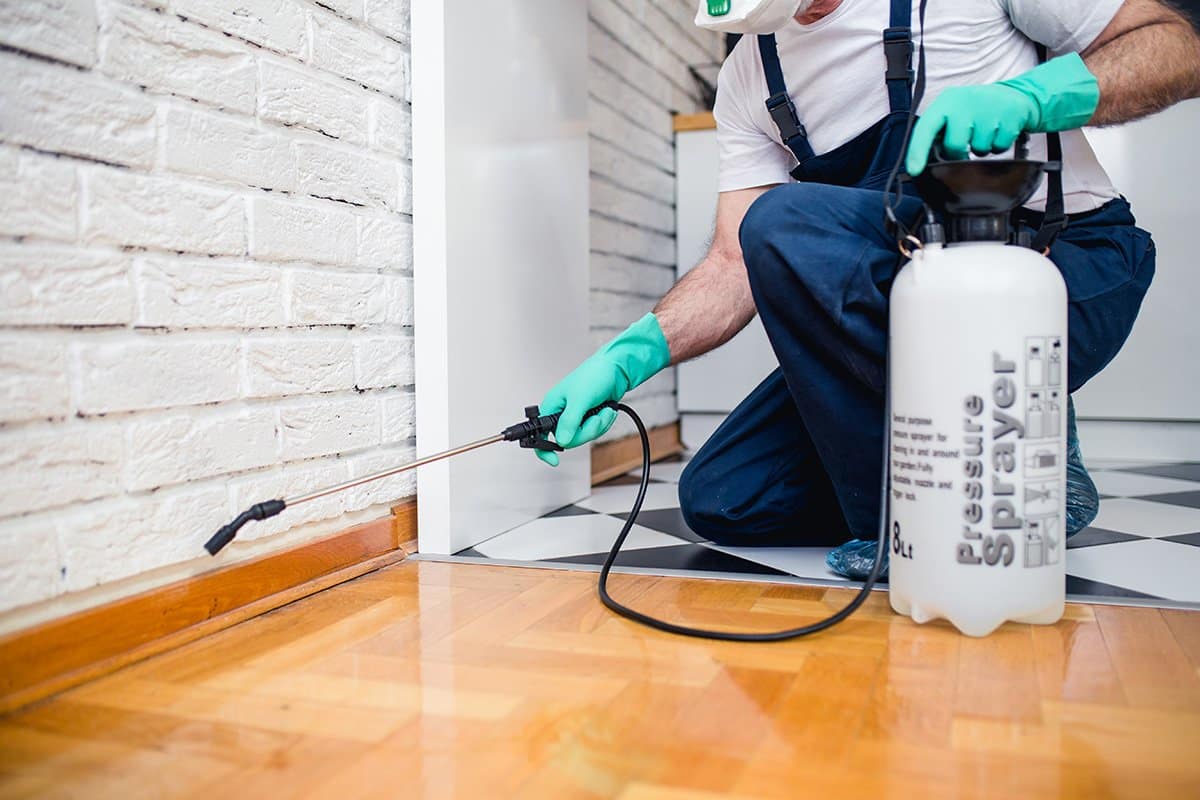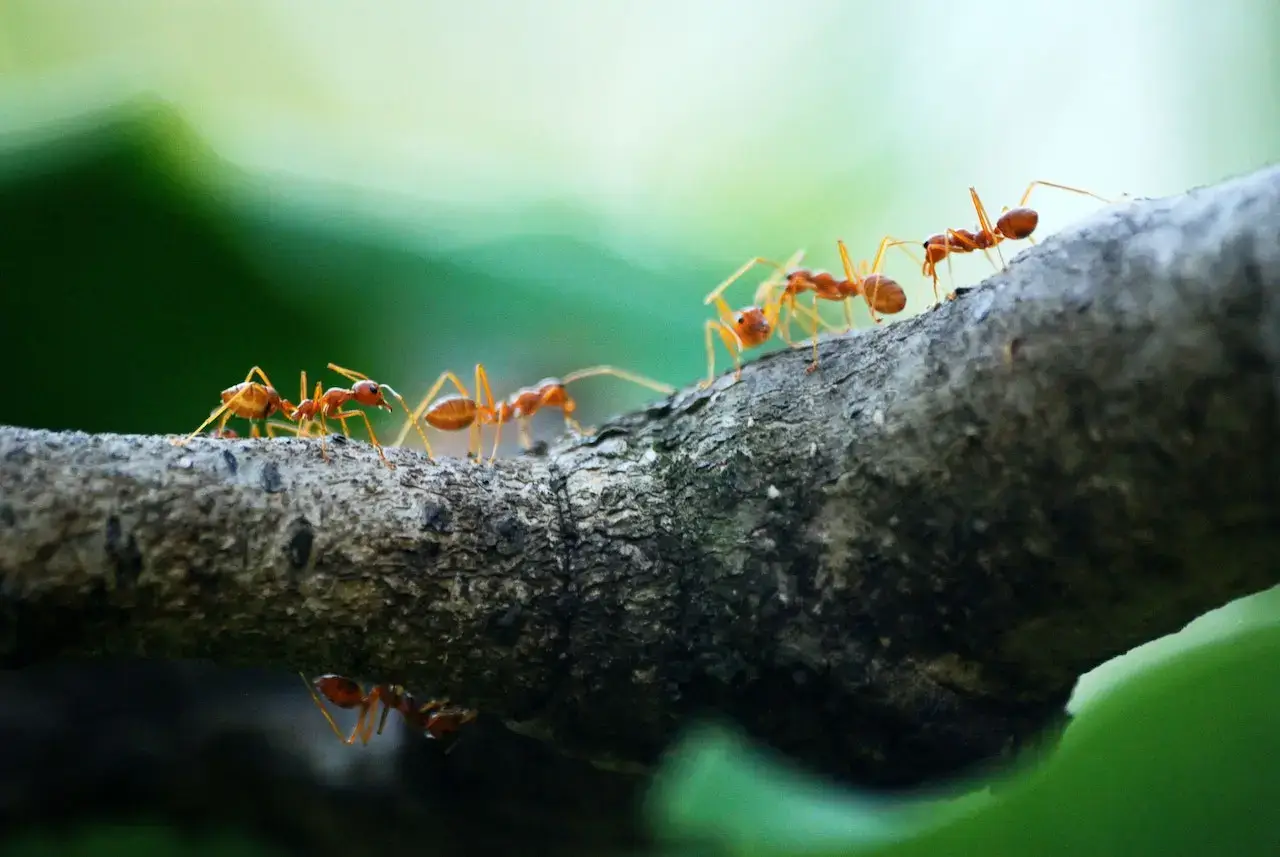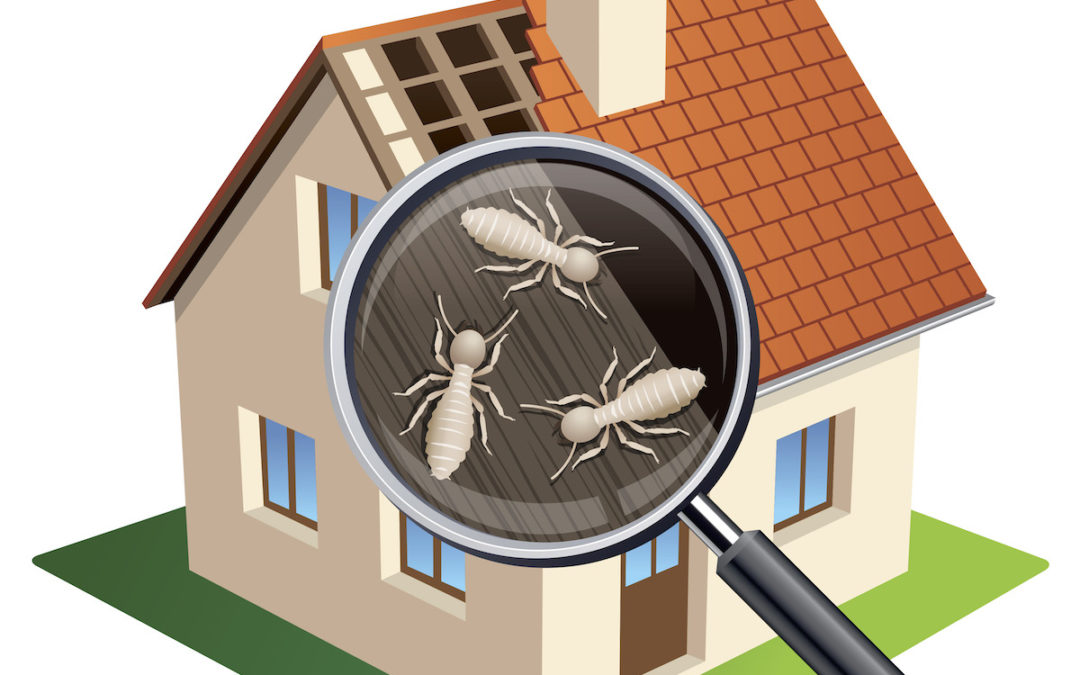Complete Ant Control: Approaches and Services to Defeat Ant Troubles
Complete Ant Control: Approaches and Services to Defeat Ant Troubles
Blog Article
Environmental Impact of Pest Control: Harmonizing Efficiency With Sustainability
The environmental effect of parasite control is an important issue that calls for a delicate equilibrium in between achieving efficiency in making sure and managing bugs sustainability of our communities. From the use of hazardous chemicals that leak right into our dirt and water to the unexpected consequences on non-target varieties, the effects of conventional parasite control methods are significant.
Damaging Chemicals in Pest Control
The use of dangerous chemicals in parasite control presents substantial environmental and wellness dangers that warrant careful consideration and reduction strategies. Herbicides, pesticides, and pesticides are typically used to get rid of parasites, yet their extensive application can lead to unintended effects. These chemicals can infect soil, water sources, and the air, influencing not just the targeted pests but likewise advantageous bugs, wild animals, and human beings.

To resolve these risks, integrated parasite management (IPM) methods are being promoted as an extra lasting option. IPM includes a combination of approaches such as organic control, environment control, and the targeted use pesticides as a last hope (ant control waxhaw nc). By taking on a holistic technique to pest control, we can reduce the ecological and health and wellness impacts associated with hazardous chemicals while efficiently taking care of pest populaces
Effect On Non-Target Types
Taking into consideration the unplanned repercussions of bug control approaches, the influence on non-target varieties is an important facet that requires complete examination. While bug control steps intend to target details bugs, various other organisms in the environment might be accidentally influenced. Non-target types, consisting of beneficial pests, birds, animals, and also plants, can experience indirect or direct harm from chemical applications or biological control methods.
Pesticides designed to combat a particular insect pest may harm pollinators like or natural predators such as ladybugs. Biological control representatives, if not species-specific, can pose threats to unplanned targets, interrupting the environmental equilibrium.
To mitigate the influence on non-target varieties, integrated parasite management (IPM) techniques that highlight an alternative strategy to pest control are recommended. These methods focus on the usage of ecologically pleasant techniques, lessening harm to advantageous organisms while effectively handling pest populations. Carrying out extensive danger evaluations and keeping track of the results of parasite control efforts are crucial action in guarding non-target varieties and promoting general community wellness.
Soil and Water Contamination
Unintended ecological effects of parasite control techniques expand beyond affecting non-target species, with substantial ramifications for soil and water contamination. Chemicals, herbicides, and chemical fertilizers made use of in parasite control can leach right into the soil and contaminate groundwater, posing a danger to both earthbound and marine environments. Soil contamination can disrupt the equilibrium of microorganisms essential for nutrition biking and plant development, leading to lowered soil fertility and performance. Additionally, these chemicals can linger in the environment for extensive durations, collecting in the soil and possibly getting in the food web.
Water contamination is an additional critical issue connected with insect control techniques. Drainage from farming areas treated with pesticides can lug these chemicals into close-by water bodies, impacting water organisms and water high quality. Impurities in water resources can have significant consequences, impacting not only marine life yet also human wellness with the usage of contaminated water or water organisms. To alleviate dirt and water contamination from bug control activities, incorporated bug administration strategies that prioritize sustainability and minimize chemical inputs are critical.
Air Pollution From Chemical Usage
Exposure to airborne chemicals during agricultural applications positions a substantial concern for air contamination control steps. When chemicals are sprayed onto plants, they can volatilize right into the air and kind volatile natural compounds (VOCs) and various other airborne toxins. These chemicals can add to the development of ground-level ozone, a significant element of smog that can have detrimental effects on human health, crop productivity, and total air top quality. Furthermore, pesticide drift, where pesticides are brought by the wind to unintended areas, can bring about the contamination of close-by ecosystems and water bodies.

Techniques for Lasting Insect Control
In the realm of agricultural practices, applying lasting bug control methods is extremely important for preserving ecological balance and securing plant yields. Lasting parasite control highlights making use of eco-friendly techniques to manage pest populaces effectively while decreasing injury to non-target organisms and environments. Integrated Parasite Administration (IPM) is a commonly embraced strategy that combines biological, social, physical, and chemical control techniques to achieve long-lasting pest monitoring remedies.
Crop turning and diversification are also efficient methods to interrupt pest life cycles and create much less desirable problems for insects to thrive. Inevitably, by incorporating these sustainable pest control methods, farmers can attain a balance between pest monitoring effectiveness and environmental stewardship.
Verdict
To conclude, the environmental effect of pest control approaches need to be thoroughly considered to balance effectiveness with sustainability. Harmful chemicals used in bug control can bring about dirt and water contamination, air contamination, and injury non-target species - termite control. It is important to carry out sustainable parasite control approaches to reduce these negative effects on the atmosphere and promote a healthier community for future generations
By adopting an alternative method to pest control, we can decrease the environmental and health impacts connected with harmful chemicals while efficiently managing pest populaces.

To mitigate the air pollution caused by pesticide usage, it is necessary to take on incorporated pest monitoring techniques that prioritize the usage of non-chemical bug control approaches, such as plant turning, all-natural predators, and resistant crop selections. Lasting bug control emphasizes the use of environmentally pleasant techniques to take care of pest populations successfully while minimizing harm to non-target organisms and ecosystems. Integrated Pest Management (IPM) is a widely taken on strategy that integrates read here biological, cultural, physical, and chemical control methods to attain lasting pest management solutions.
Report this page